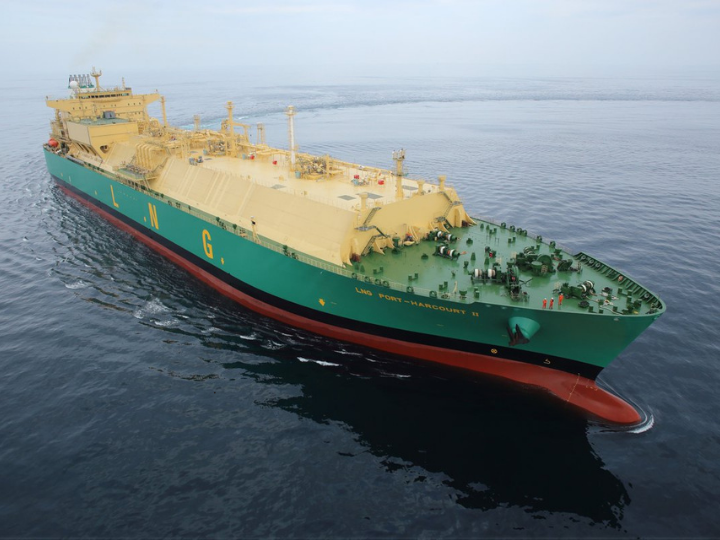By N.Peter Kramer
EU member states bought 5.3 billion euros worth of liquified natural gas (LNG) from Russia this year. After China, Spain and Belgium are the most important destinations. Despite all sanctions, billions of EU money are flowing to Moscow. An inventory of the LNG trade flows by the NGO Global Witness is evident. It shows that EU countries share in Russian LNG export is growing steadily.
In the first seven months of this year 52 percent of Russian LNG was shipped to the EU, the whole of last year was 49 percent. It has been known that Belgium is an important buyer of Russian LNG. The LNG terminal in the North Sea port of Zeebrugge signed a long-term contract with LNG producer Yamal to keep the terminal available for Russian ships for 20 years. The vast majority of the gas supplied is re-transmitted from Zeebrugge to countries outside Europe.
Gas is not on the list of products subject to EU sanctions. Some EU countries, such as Austria, still purchase Russian gas on a large scale that is supplied via pipelines. The situation is embarrassing for the EU, which is (saying) doing everything it can to support Ukraine in the fight against the Russians and wants to drain the Kremlin financially. The Estonian European Commissioner for Energy Kadri Simpson has already asked member states to stop concluding new LNG contracts with Russian companies. But what does that mean?
According to Global Witness, TotalEnergies (France) and Shell (UK, formerly Dutch) are mayor buyers of Russian LNG. ‘Buying Russian gas has the same impact as buying Russian oil’, the NGO says. ‘The EU disapproves the war but fills Putin’s pockets’…







